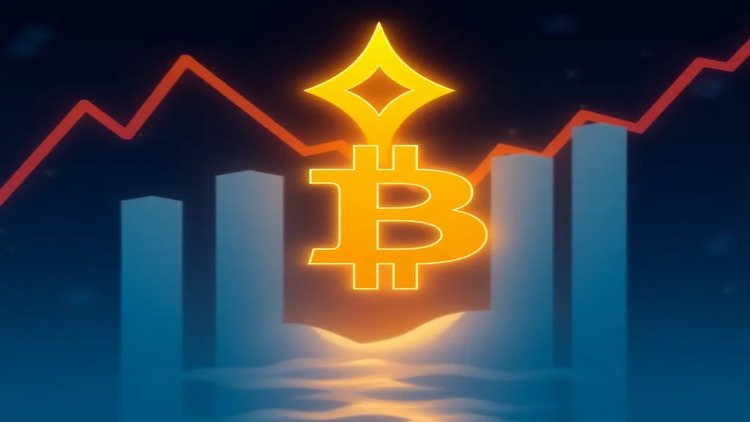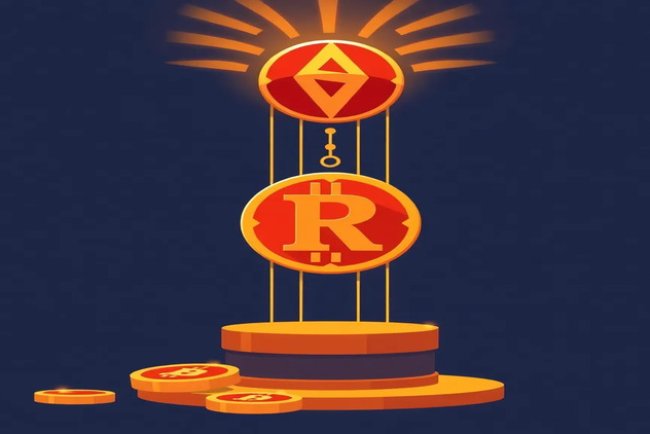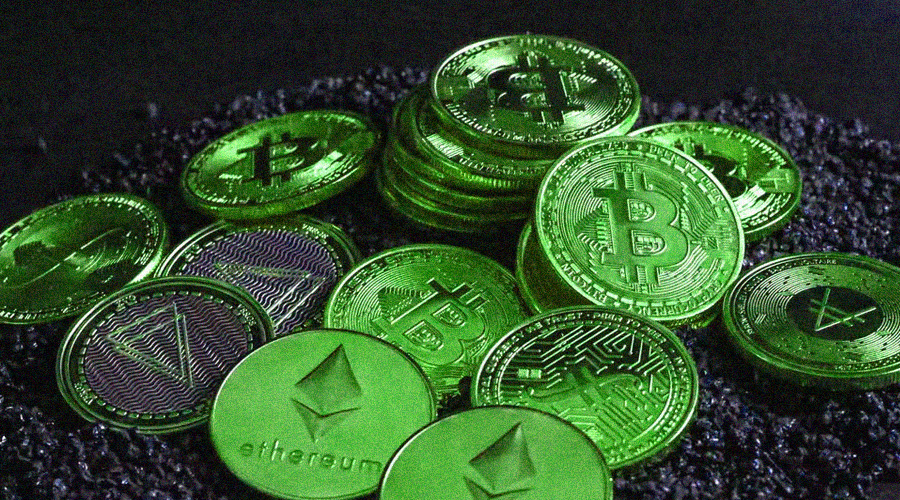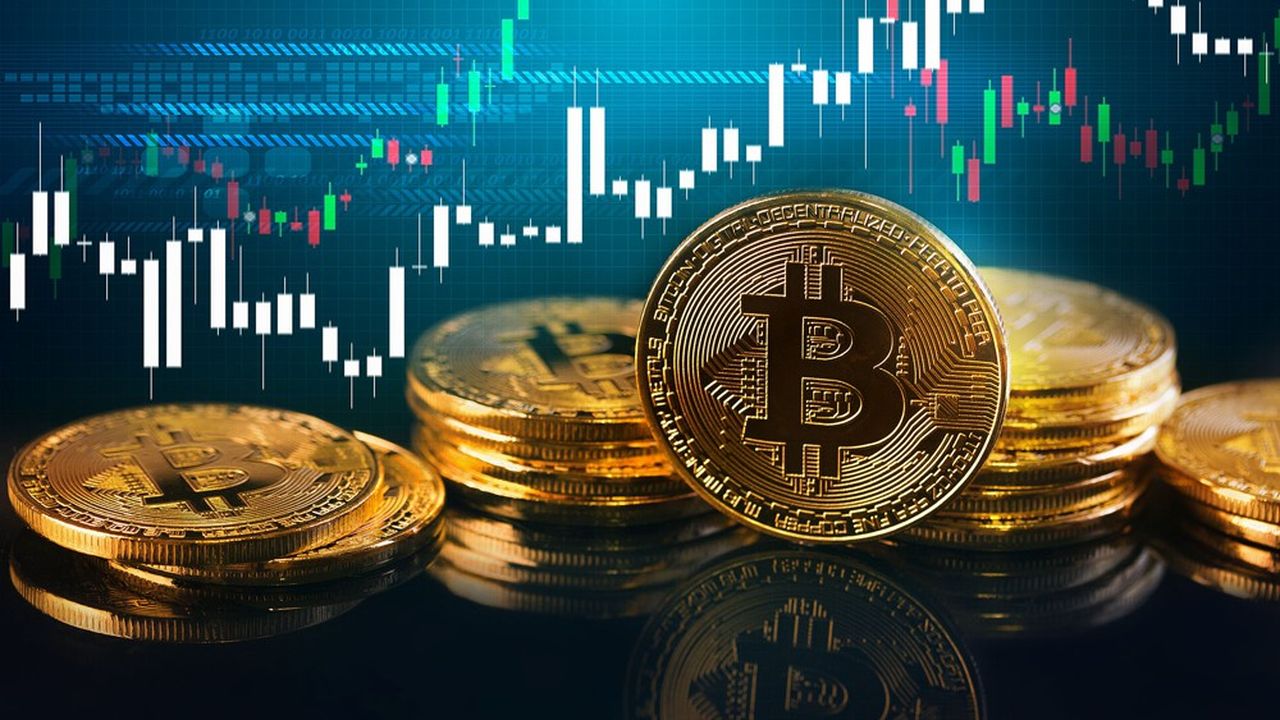Bitcoin's Rise as a Reserve Asset Amid Inflation Risks
A report reveals Bitcoin's potential as a reserve asset, driven by inflation and geopolitical tensions, attracting institutional interest and investment.

A recent report highlights Bitcoin's emerging role as a potential reserve asset, especially in the context of rising inflation and ongoing geopolitical uncertainties. The analysis suggests that Bitcoin is increasingly being viewed as a hedge against economic instability, similar to traditional safe-haven assets like gold.
Inflationary Pressures and Economic Concerns
With inflation rates surging globally, investors are seeking alternative assets to protect their wealth. Bitcoin, with its limited supply and decentralized nature, is gaining traction as a viable option. The report indicates that more institutional investors are considering Bitcoin as part of their portfolios, recognizing its potential to preserve value in turbulent economic times.
Geopolitical Risks Driving Interest in Bitcoin
The report also points to geopolitical tensions as a significant factor driving interest in Bitcoin. As countries face political instability and economic sanctions, investors are looking for assets that are less susceptible to government control. Bitcoin's decentralized structure makes it an appealing choice for those concerned about the implications of geopolitical events on traditional financial systems.
Institutional Adoption on the Rise
The growing acceptance of Bitcoin among institutional investors is a key theme in the report. Major financial institutions are beginning to integrate Bitcoin into their investment strategies, further legitimizing its status as a reserve asset. This trend is expected to continue as more organizations recognize the benefits of including Bitcoin in their asset allocations.
A New Era for Bitcoin
The report underscores the potential of Bitcoin to serve as a reserve asset in the face of inflation and geopolitical risks. As more investors turn to digital currencies for stability, Bitcoin's role in the financial landscape may continue to evolve, marking a significant shift in how assets are perceived and utilized in times of uncertainty.
What's Your Reaction?
















